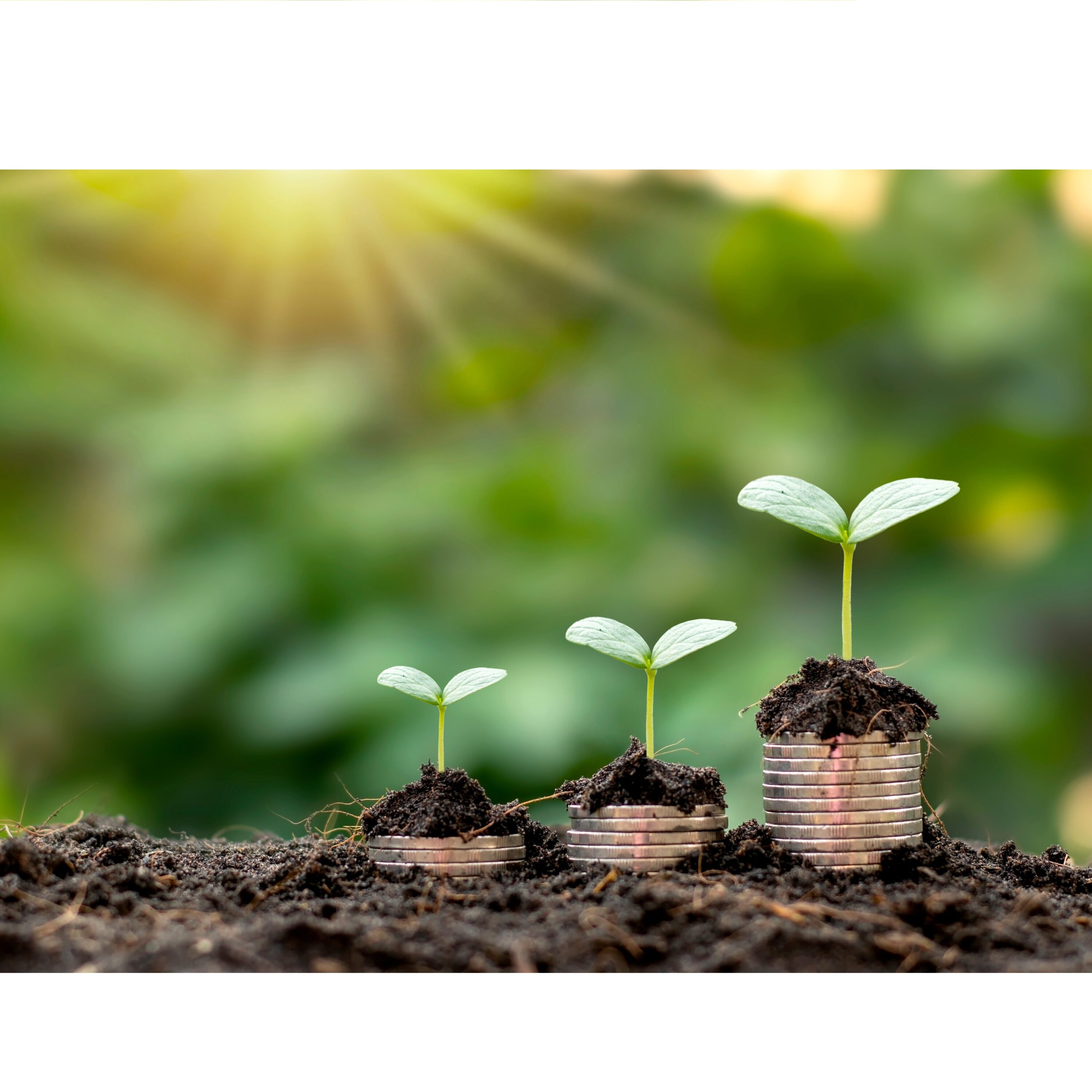
Authored by Jacob Robinson
The green economy is defined by the UN as low carbon, resource-efficient, and socially inclusive. It refers to the concerted effort and investment required by Government to reduce emissions and pollution and to protect our natural environment.
Across the World, this is increasingly becoming a central focus for policymakers. On both sides of the Atlantic, Johnson and Biden have vocalised commitments to a green economy, as part of their plans to recover from the economic damage caused by the COVID-19 pandemic and to “Build Back Greener”.
This is no longer only an environmental imperative but also a wise fiscal choice. The green economy presents significant opportunities to reinvigorate the economy post-pandemic. Globally, the proportion of green revenues generated, which includes industries such as renewable energy or companies producing plastic alternatives, is equivalent to a market capitalization of US$4.3 trillion, or 5.4% of the total value of global listed equities[1].
The green economy in the UK is now nearly four times the size of the traditional manufacturing sector[2], with 75,000 businesses employing more than 1.2 million people in the green economy and this number is set to rise to 1.38 million by 2050[3]. Further research in May found that the low carbon sector is worth £207.8 billion to the UK economy[4].
Fostering a new economic model that is rooted in sustainable innovation must now be a joint effort between the public and private sector.
The Government is keen to show the public and business that this is not a flash in the pan, with the potential commitments including two new green freeports in Scotland[5], a £166million investment for green technology [6], and by setting a 10-point plan for a ‘Green Industrial Revolution’. But despite these encouraging movements, we are still far from being in the green utopia thought to be just over the horizon.
According to the ONS, the UK’s low-carbon and renewable energy economy has failed to grow since 2014, coupled with a fall in the number of ‘green jobs’[7]. Employment in the low-carbon and renewable energy economy, which includes manufacturing, energy supply and construction, fell by 28,000 across the UK to just 207,800. Some of the steepest declines were in factories producing energy-efficient products, onshore wind, and solar energy – all key sectors if we are to achieve net-zero by 2050.
These numbers in isolation don’t signify that all hope for a greener economy is lost, but when combined with decisions such as giving approval to the new Cambo oil field[8] or a reluctance to scrap plans for a new coal mine in Whitehaven, it is clear that the government must go further. Investment in green business will not be enough if we are still bound to fossil fuels and over consumption of finite materials.
By 2045 the climate crisis could wipe 1% a year off the UK economy[9]. A green recovery from the pandemic is a once-in-a-generation opportunity to restructure our economic systems to ensure a sustainable, fairer and more resilient society. Ultimately, the worsening climate emergency will have a disastrous effect on global economies, so investing in a green economy now is crucial if we are to provide stability in the long term.
We must now reconsider how we define a healthy economy. Is it solely by GDP growth and the strength of the markets, or should it be how it is serving society and protecting our planet?
[1] https://www.ftserussell.com/blogs/putting-numbers-global-green-economy
[2] https://kmatrix.co/wp-content/uploads/2021/08/kMatrix_LCEGS_UK_2007_08_to_2020_21_with_forecast_2025_26_final.pdf
[3] https://www.lloydsbankinggroup.com/assets/pdfs/who-we-are/green-economy/green-growth-opportunities-for-uk.pdf
[4] https://kmatrix.co/wp-content/uploads/2021/08/kMatrix_LCEGS_UK_2007_08_to_2020_21_with_forecast_2025_26_final.pdf
[5] https://www.gov.uk/government/news/ground-breaking-deal-to-establish-two-new-green-freeports-in-scotland
[6] https://www.gov.uk/government/news/166-million-cash-injection-for-green-technology-and-60000-uk-jobs
[7] https://www.ons.gov.uk/economy/environmentalaccounts/bulletins/finalestimates/2020
[8] https://news.sky.com/story/north-sea-oil-and-gas-project-gets-green-light-just-months-after-uk-hosted-cop26-climate-summit-12531113
[9] https://www.gov.uk/government/publications/uk-climate-change-risk-assessment-2022
